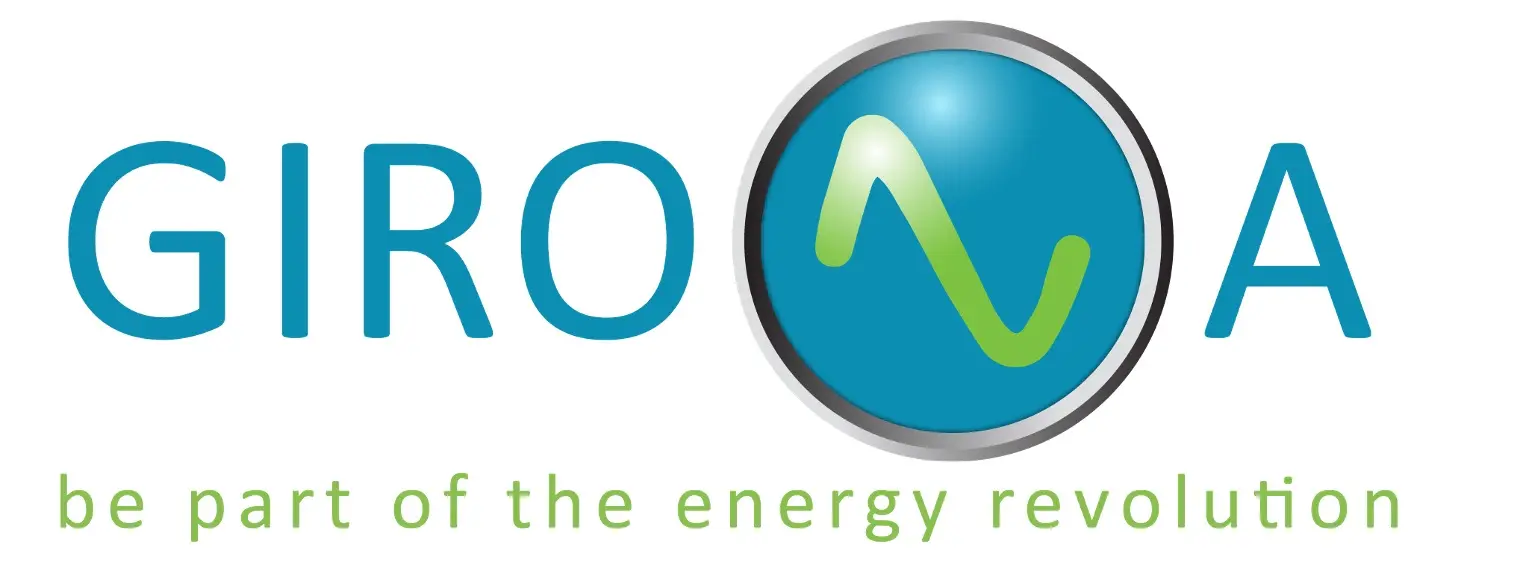Project Girona - A Pioneering Clean Energy Innovation
The Client
Project Girona was delivered by the Girona Collaboration Network (GCN) comprising an innovation ecosystem of Northern Irish SMEs working in electrical engineering (GES Group, PowerOn Technologies), cyber security , and data analytics, with support from Ulster University. The project engaged key stakeholders including the Northern Ireland Utility Regulator, NIE Networks, NI Housing Executive, Consumer Council, Department for the Economy, and Causeway Coast & Glens Borough Council.


THE CHALLENGE
The Girona Collaboration Network (GCN) embarked on an ambitious mission: to develop Northern Ireland's first clean energy microgrid. This initiative aimed to address several pressing challenges:
Grid Integration Bottlenecks: Local renewable energy producers faced limitations due to a network designed for centralized generation, hindering clean power adoption.
Energy Affordability Crisis: A significant portion of households, particularly in the Causeway Coast and Glens region, spent over 10% of their income on energy.
Decarbonisation Hurdles: Despite policy commitments, practical pathways for businesses and households to adopt low-carbon technologies were lacking.
Data Management Gaps: The energy network required improved methods to collect, analyze, and optimize information from customer-owned assets.
To overcome these obstacles, GCN recognized the need to move beyond theoretical discussions and align diverse stakeholders around a commercially viable implementation plan.

PATHWAY TO PROGRESS
Demonstrating leadership and initiative, GCN undertook a comprehensive approach:
Practical Stakeholder Alignment: Structured and interactive workshops replaced stalled discussions, bringing competing priorities into a coherent vision.
Market Testing: Research into comparable microgrids across the UK, Ireland, and the USA identified practical differentiators.
Process Design: Clear milestones and deliverables were established to transition the network from discussion to action.
Skills Mapping: Existing capabilities were assessed, and necessary partnerships for successful implementation were identified.
Business Model Development: A collaboration framework was created, addressing funding, operations, and value distribution among stakeholders.
Knowledge Exchange: Cross-sector learning was facilitated regarding clean power integration and decentralized supply models.
Market Access Enablement: Identified pathways to market and facilitated collaboration between technology providers and potential commercial stakeholders to support future adoption of the microgrid solution.

RESULTS
Through their proactive efforts, GCN achieved significant milestones:
Secured Funding: A proof of concept was established, leading to £2.4 million in government funding supporting a £7.5 million three-phase microgrid implementation.
Developed Implementation Plan: An actionable three-phase plan was created, addressing technical, commercial, and regulatory requirements.
Designed Scalable Microgrid: A scalable design for Northern Ireland's first viable clean energy microgrid was developed.
Established Commercial Framework: Interactions between consortium members, the power grid, and end-users were clearly defined.
Achieved Stakeholder Buy-In: Engagement was secured across previously siloed organizations vital to the clean power transition.
Created Practical Pathway: A pathway was established to democratize energy access while addressing fuel poverty through "invest to save" models.
The collaboration established a clear framework for advancing clean energy innovation towards market readiness, providing a replicable model for future ecosystem-driven initiatives.
Facing Similar Challenges?
Turn them into Opportunities with our Support
At Cambium, we collaborate with organizations ready to lead transformative change in the energy sector. If you're exploring similar challenges, for example in relation to any clean energy innovation or to the Clean Power Mission our support includes:
- Mapping sector needs and identifying priority use cases
- Building multi-discipline collaborations
- Designing and facilitating engagement with industry stakeholders
- Translating technical concepts into actionable business propositions
- Aligning innovation programs with policy and funding landscapes
- Structuring collaborative projects to establish pathways for market access and commercial readiness.
If you’d like to discuss your goals or challenges with a member of the Cambium team, we’d be pleased to set up a short exploratory conversation.


